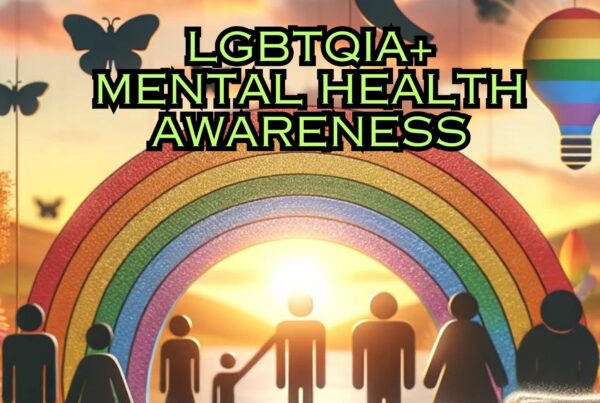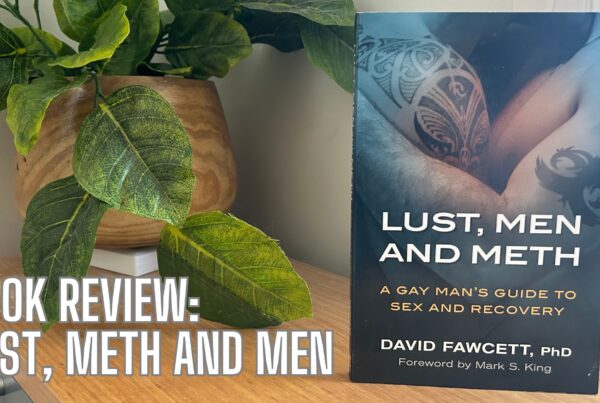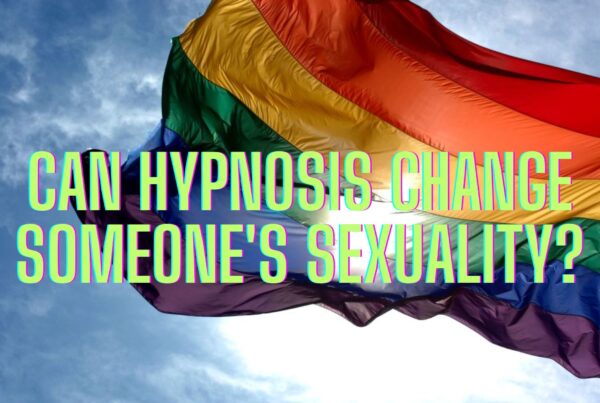World AIDS Day 2017
World AIDS Day is a crucial event held annually on December 1st. Its objective is to spread awareness about the challenges related to HIV and AIDS worldwide and within local communities. This day serves as an opportunity to show support for individuals living with HIV and to remember those who have passed away.
In recent years, significant advancements have been made in the fight against HIV. We are even moving closer to finding a potential cure. Such developments are indeed heartening, especially considering the current estimate of around 32 million people globally living with HIV.
The fight against HIV and AIDS is not over yet.
HIV and AIDS have been a constant presence for today's adult generation. Since HIV is no longer seen as a death sentence, some individuals may underestimate the risks. This misperception can lead to activities that potentially spread the virus and to apathy about the consequences. We need to remind ourselves that the battle against HIV and AIDS continues. By playing our part, we have the potential to eradicate this disease within our lifetime.
In Australia, 2014 saw 1081 new HIV diagnoses, and the rate has been stable in recent years.
Preventing HIV
Like other diseases, HIV is preventable. By educating ourselves about the nature of HIV and its modes of transmission, we can implement measures to protect ourselves and those around us.
The facts about HIV and AIDS
Many reliable websites offer the latest research findings on HIV. For example, we suggest visiting the World AIDS Day website for accurate information.
Playing my part in the fight against HIV
Contributing to the fight against HIV is simpler than one might think.
One approach is to have a personalized safe sex strategy. This plan can include safer sex practices, treatment as prevention, PrEP, and regular testing.
HIV and Mental Health
For many years, people living with HIV have suffered from the weight of social stigma. This added stress often leads to anxiety, depression, and feelings of shame. While it's easy to view HIV as a physical health problem, the potential for mental health issues following a diagnosis is significant.
Living with HIV: Personal Stories
In our OUTthink podcast's first two episodes, we discussed with Positive Living Centre Speaker Daniel Cordner his journey from diagnosis to acceptance. Due to the nature of HIV's transmission, it often comes with a significant amount of shame - an emotion we agreed was unjustified. After all, we are simply humans, navigating our lives the best way we know how.
Being diagnosed with HIV brings about fears of rejection and isolation. In another episode featuring Dean Beck, we discussed available resources for those living with HIV. However, the support system is far from perfect. Until improvements are made, it falls upon all of us to provide compassion and understanding to those sharing their status.
Positive Change 2017
Every year, I organize the Positive Change campaign. This initiative provides individuals an opportunity to effect the changes they desire while offering support to those living with HIV.
Recognizing the LGBTQIA community's need for ongoing support led to the creation of this campaign.
Impact of the Positive Change Campaign
Over the past two years, the campaign's success has varied. It's resulted in some changes, with the hope of generating much-needed funds for the Victorian AIDS Council. This council plays a vital role in raising HIV awareness and supporting those living with the disease.
For more details, you can visit the POSITIVE CHANGE page.
You may also like to read:
Release Hypnosis’s Lawrence Akers on JOY FM
Why Gays & Lesbians Need To Focus More On Mental Health
Mental Health Maintenance During the Same Sex Postal Vote
OUTthink Now Has a Home On Facebook








